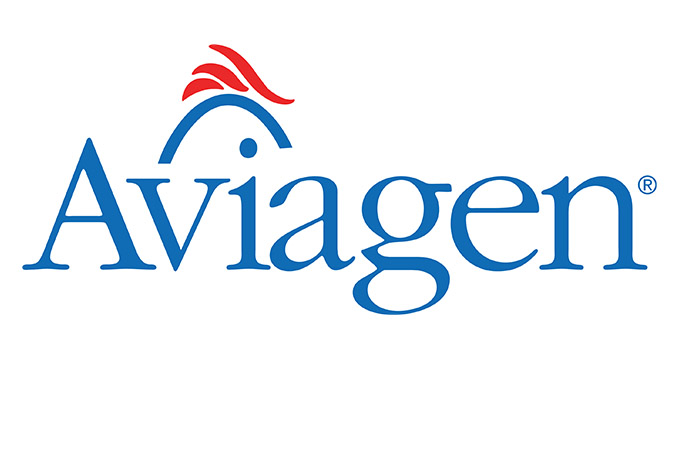 Turkeys spend their life in close contact with litter material. The aim is to establish and maintain good, dry litter conditions and an environment free from dust to reduce footpad dermatitis, respiratory stress and carcass downgrades. Whilst health, nutrition and genetics play important roles in achieving good litter quality, there are many practical management techniques to control litter moisture content to promote bird welfare and achieve good commercial performance.
Turkeys spend their life in close contact with litter material. The aim is to establish and maintain good, dry litter conditions and an environment free from dust to reduce footpad dermatitis, respiratory stress and carcass downgrades. Whilst health, nutrition and genetics play important roles in achieving good litter quality, there are many practical management techniques to control litter moisture content to promote bird welfare and achieve good commercial performance.
Turkeys are responsible for most of the water in a poultry house. For every kg of feed a turkey eats it will drink approximately two kilograms of water. Most of this water ends up in the air or litter of the house:
• Approximately 45% of the water is exhaled into the air as water vapour.
• Approximately 55% is deposited into the litter in the form of faeces
• Litter humidity is a function of ambient air humidity.
• The ideal air humidity inside the shed should be between 50 and 65%.